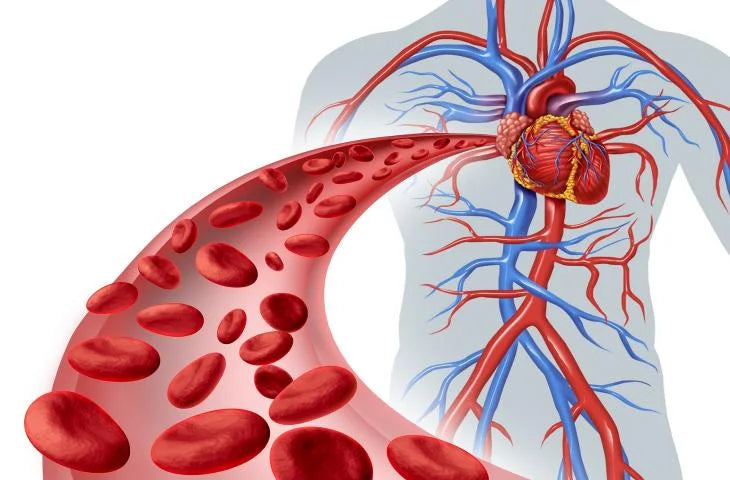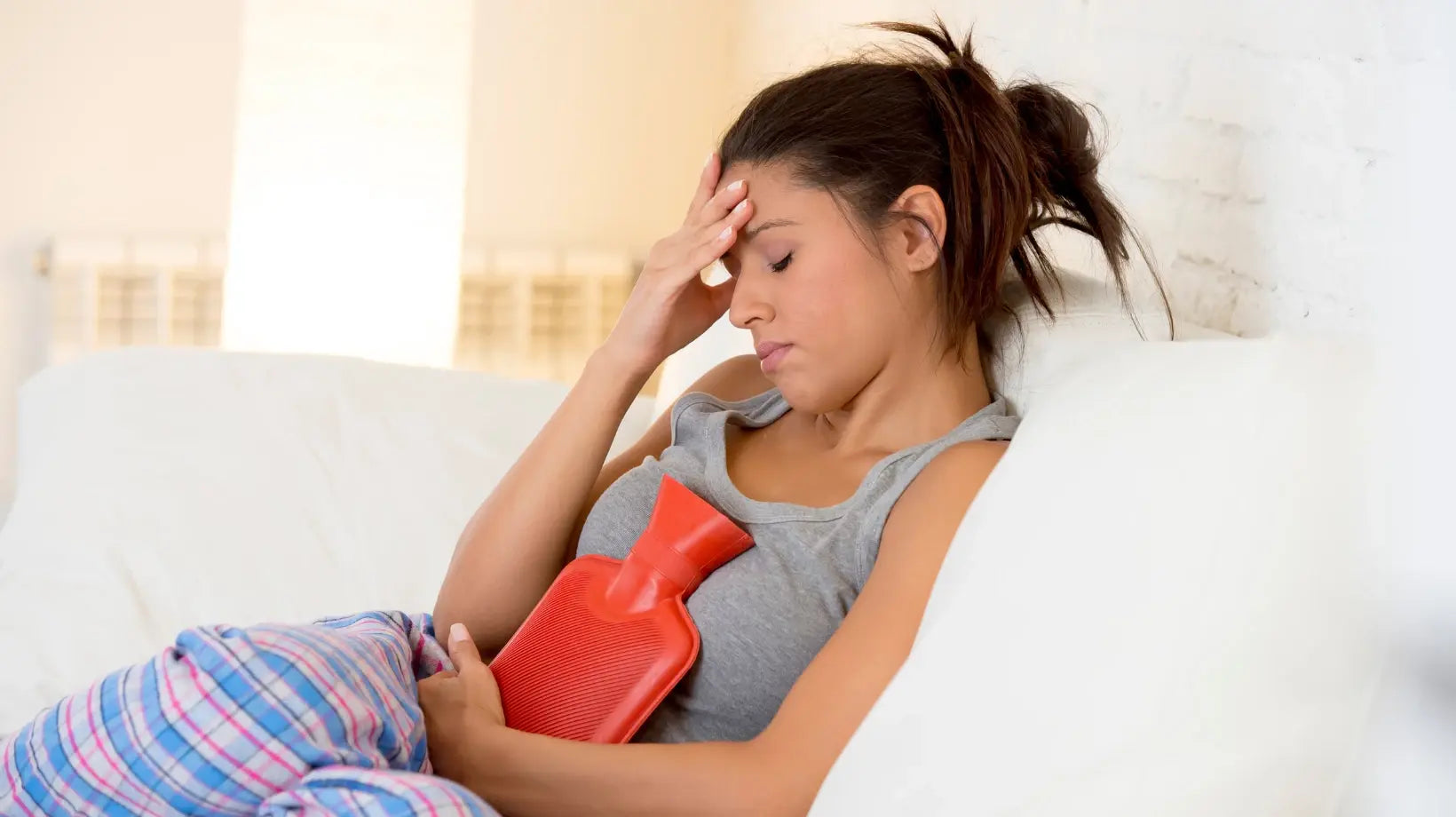In the modern era, stress has become a constant presence in the lives of many, bringing with it a trail of both mental and physical negative effects. From muscle tension to headaches, from anxiety to insomnia, the physical manifestations of stress can be debilitating. In this context, acupressure emerges as an ancient practice rediscovered, offering relief and well-being through natural techniques.
Understanding stress and its manifestations:
Stress is a natural response of the body to the challenges and pressures of daily life. It is not always negative; in moderate doses, it can increase our alertness and prepare us to deal with situations. However, when stress becomes chronic or excessive, it can have serious effects on our physical and mental health. The physical manifestations of stress are varied and can affect almost any part of the body. Here are some of the most common effects:
- Muscle tension: One of the most immediate responses to stress, the body "prepares" for the "fight-or-flight" reaction by causing muscles to contract, which if prolonged can lead to pain and stiffness, especially in the neck, back, and shoulder areas.
- Digestive problems: Stress can affect digestion, causing symptoms such as acidity, gastritis, or irritable bowel syndrome. This occurs because stress alters stomach acid production and can affect intestinal motility.
- Headaches and migraines: Many people experience frequent headaches or intensification of migraines due to stress. This is due to changes in the levels of certain chemicals in the brain, such as serotonin, and muscle tension in the skull and neck.
- Heart problems: Chronic stress can increase the risk of heart problems, including high blood pressure, heart attacks, or stroke. It raises heart rate and blood pressure, putting more load on the heart.
- Insomnia: Stress can make it difficult to fall asleep or maintain deep, restful sleep; an active, worried mind can prevent you from relaxing enough to sleep well.

Recognizing these signs is the first step in dealing with stress effectively. Acupressure, with its ability to reduce muscle tension, improve circulation, and promote a general sense of calm, can be a valuable method for mitigating these physical manifestations of stress.
The key role of acupressure:
Acupressure proves to be a valuable ally against stress. This technique, rooted in traditional Chinese medicine, relies on stimulating specific points on the body to rebalance vital energy, or Qi. Through pressure on these points, acupressure aims to relax the nervous system, promote muscle relaxation, and improve blood circulation.
Acupressure: practice and benefits:
Practicing acupressure is simple and can be done independently or with the help of a therapist. Using acupressure mats and cushions, users can target specific areas of the body to relieve tension. These tools are designed to stimulate acupressure points effectively, offering a practical and accessible way to manage daily stress.
Acupressure is not only an ancient technique but also a modern solution to the problem of stress. With its proven benefits and ease of use, products such as acupressure mats and cushions are an excellent choice for those seeking a natural approach to wellness. By integrating acupressure into your daily routine, you can open the door to a more peaceful and balanced life, free from the shackles of stress.





Leave a comment
This site is protected by hCaptcha and the hCaptcha Privacy Policy and Terms of Service apply.